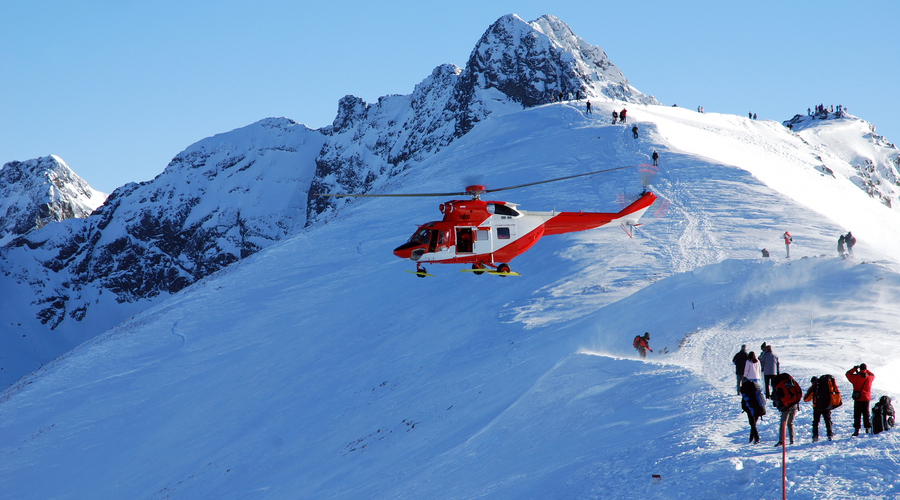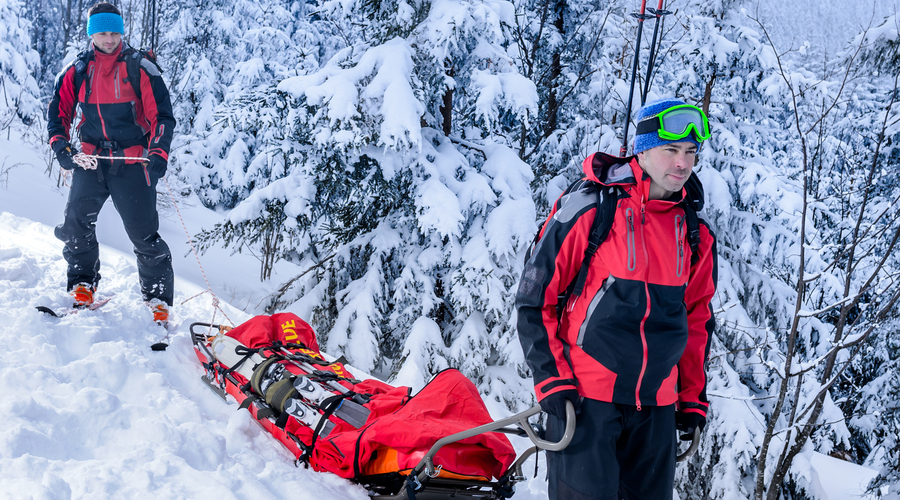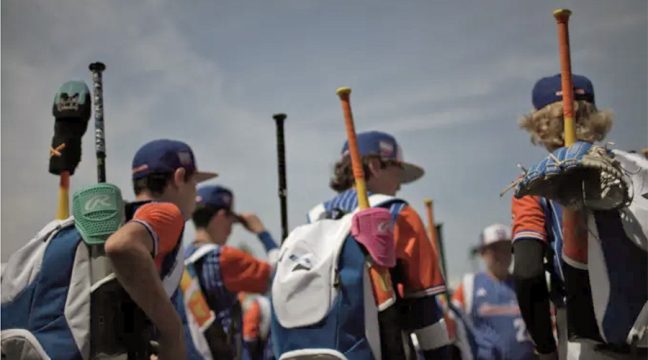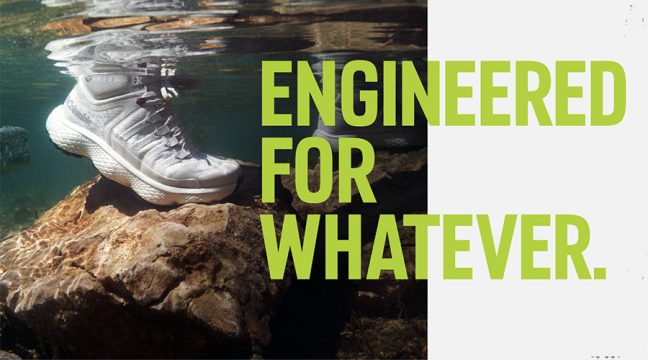Rescue professionals stress the importance of calling as soon as you need help.
Writer: Travis Poulin
With the abundance of outdoor recreation opportunities in Colorado comes the potential for injury, with outdoor enthusiasts running the risk of becoming stranded in the intimidating Rocky Mountain backcountry.
With easy access to rugged terrain and remote areas, those seeking recreational solitude in the Rockies often get themselves in over their head, are unprepared, or in many cases fall victim to an unpreventable injury – even though they are experienced.
But there are everyday heroes who are there to help – search and rescue teams.
When someone is injured in an urban area, an ambulance will likely be on its way within minutes. In the backcountry, however, a whole set of unique skills, knowledge and planning is required when a search and rescue (SAR) team is deployed. Removing someone from wilderness areas often requires a team made up of many rescuers.
If you are rock climbing and get injured, the SAR team uses their high-angle rope and rescue skills; if you are kayaking, it’s swift water rescue techniques; if you are hiking or mountaineering, they’ll probably have to execute a litter carry if you cannot walk for yourself. A litter carry alone is very strenuous on those involved, usually requiring four rescuers at a time that switch off with other groups to carry the injured person to safety.
All the time, effort, training and equipment needed to operate and deploy SAR teams contributes to an expensive budget, and Colorado is unique when it comes to SAR efforts because the person getting rescued will not be charged – at all.
Some states may hand rescued victims a large bill for the SAR missions, but Colorado most likely will not. Only in rare situations would a victim have to pay for a rescue. Many SAR programs believe that charging for a rescue will make victims hesitant to call for help, thus making the situation much more dangerous.
Bruce Fosdick, Douglas County search and rescue president, said the main reason it is important for people to understand they will not be charged is to prevent further injury. “We are trying to prevent a delay in the time it takes them to call us,” Fosdick said. “We want people to call before other factors become an issue such as succumbing to the elements.”
Fosdick said the cost of a rescue is not usually as high as some think. SAR teams often rely on National Guard training assets when an aircraft is involved, and the missions serve as good practice for the pilots. He stressed that victims should not be afraid to call for help, especially in Colorado, because the SAR teams are there to help, not charge for services. “We believe what we’re doing as volunteers does not require reimbursement,” Fosdick said.
Colorado now offers the Colorado Outdoor Recreation Search and Rescue (CORSAR) card to contribute to the state’s SAR fund. Money received helps reimburse SAR teams for costs incurred during rescue missions across the state. For those who understand the full impact of a rescue mission and all the lives put in danger with each SAR operation, purchasing the card is a small price to pay.
There are very few paid SAR positions in the country, and in Colorado they are limited to just a few jobs through the National Park Service. Those who volunteer on SAR teams are dedicated to backcountry safety and have a passion for helping those in need.












